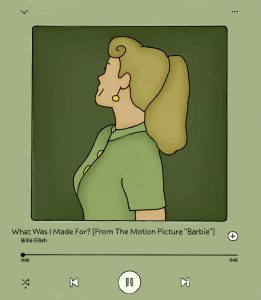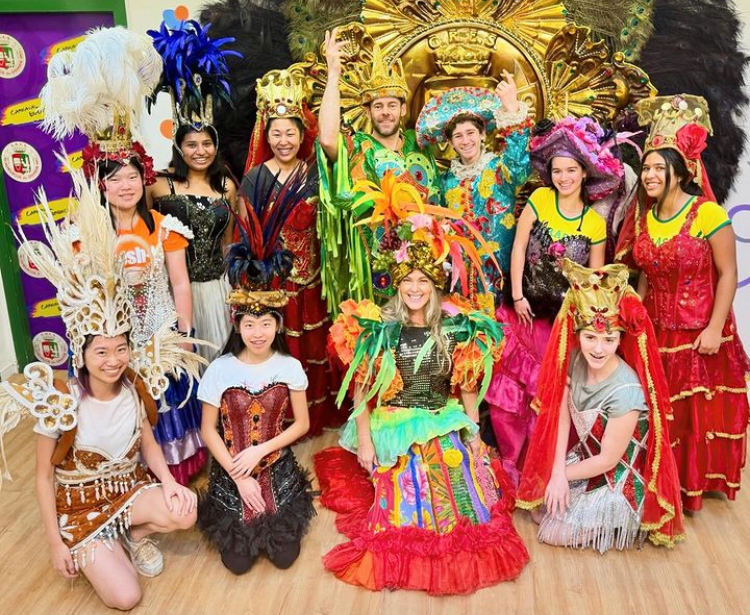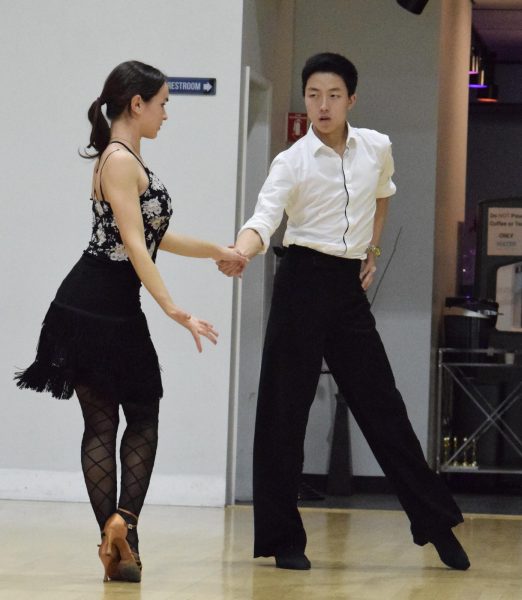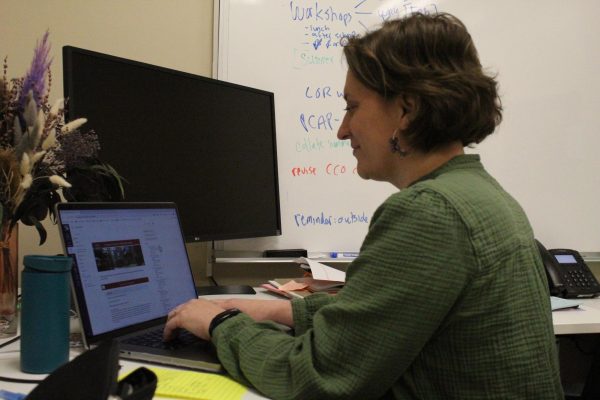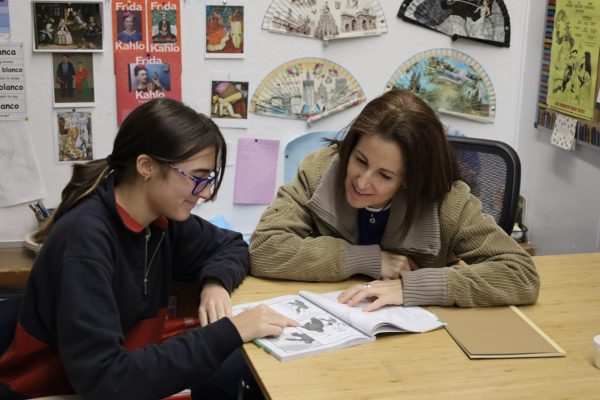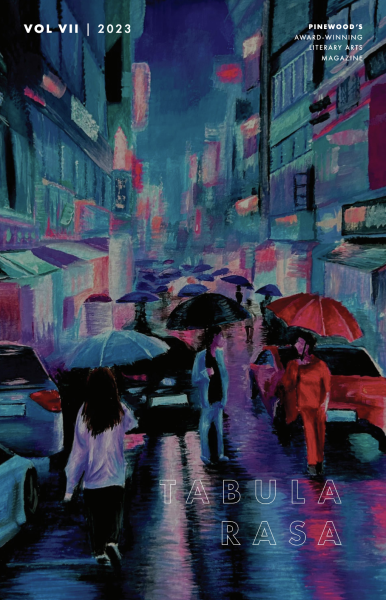Black History Month in the English and History Departments
March 1, 2023
Black History Month is a highly historical and valuable month that celebrates the rich history of Africa and its people. This month is widely celebrated at Pinewood in a diverse variety of ways. Many of Pinewood’s educational departments have taken the initiative to include more diverse topics in their curriculums throughout the whole year and especially in the month of February, studying Black authors and historical figures like Toni Morrison, Langston Hughes, Chinua Achebe, Kwame Alexander, and Martin Luther King, Jr.
Meanwhile, events held by the school, like the Sankofa: Africa to America High School Assembly earlier this month, help give Pinewood students a deeper dive into African culture, tradition, and history. By doing so, Pinewood is able to combat the issues of censorship and a lack of educational diversity found in many other schools across the country.
“[Censorship] helps cement close-mindedness,” English co-department head and literature teacher Patricia Welze said. “If you aren’t exposed to different people and different stories, you’re only going to be wrapped up in your own.”
This month, English classes at Pinewood are covering material related to many parts of Black history, including Africa before imperialism, Black British artists and authors, slavery, and the Civil Rights movement.
“[The English department] made a concerted decision that in every class, we’ll read voices from different genders and diverse backgrounds, in terms of race, ethnicity, and physical ability,” Welze said.
Pinewood’s history department also introduces diverse classes and areas of study. While it is unlikely that the new A.P. African American History course will be offered at Pinewood in the upcoming school year, history classes like World History and A.P. World History offer an extensive study of the global topics surrounding Black history.
“I think [A.P. World history] is a great opportunity to put the African experience into a broader context,” A.P. World history teacher Emily Cardenas said. “Talking about it more broadly, it’s not just the United States that has these cultural issues: Haiti and France have a long legacy, too.”
At Pinewood, the change in the history curriculum from A.P. European History to A.P. World History has been deliberate. Less mentioned African history is being added to the eurocentric curriculum that was taught more widely across the country in the past.
“That’s a very intentional reason to give students a more global perspective,” Cardenas said. “Europe has its moments in world history, but so do other cultures.”


